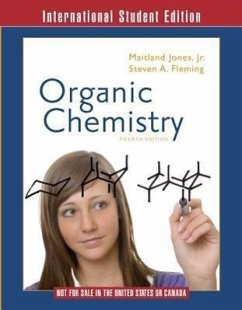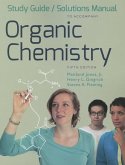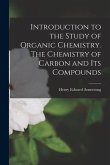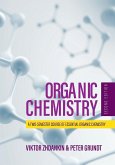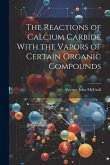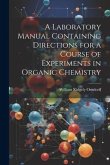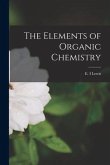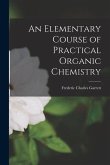Organic Chemistry, Fourth Edition, was written to students by two expert teachers, with an emphasis on understanding, not memorization. The authors employ a conversational writing style that is instructive and interesting to read. Jones and Fleming take the time to not only explain the basics but also coach students through the tough parts of the subject. They do this by pointing out common mistakes that students make and providing expert advice on solving problems. Whether a student reads the book from beginning to end, or uses the text as a reference, the authors have developed innovative pedagogy to meet their needs, and an art and media program to help students visualize each process.
Hinweis: Dieser Artikel kann nur an eine deutsche Lieferadresse ausgeliefert werden.
Hinweis: Dieser Artikel kann nur an eine deutsche Lieferadresse ausgeliefert werden.

